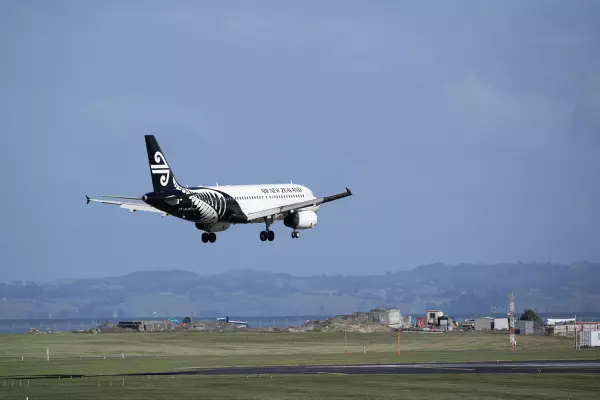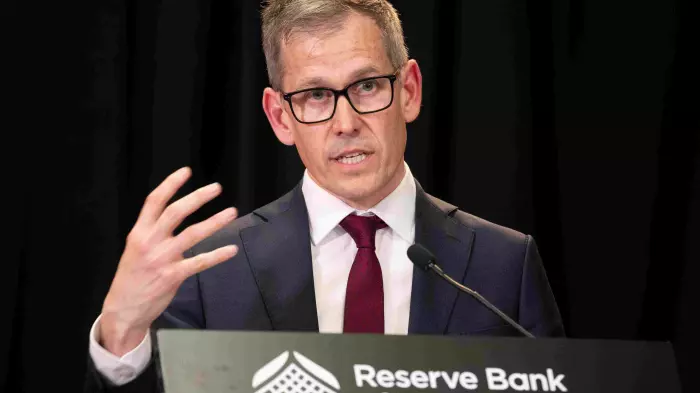Instead of a $19 billion shortfall that the government’s 2022 budget had forewarned in May, the crown’s accounts revealed a surprise deficit that was almost half of what was expected.
The operating balance before gains and losses came to a deficit of $9.7b in the 12 months ended June 30. Although not the double-digit figure that the public had been braced for, the $9.7b deficit was still double last year’s deficit of $4.6b.
Total government revenue was up to $141.6b – $12.3b higher than the previous financial period and higher than the 2022 budget forecast by $5.8b – thanks to a growth in tax revenue.
Finance minister Grant Robertson said the 2021-2022 financial period was the toughest year for New Zealanders since the global covid-19 pandemic began.
“While the month-by-month results do tend to fluctuate due to tax timing changes, it is pleasing to see this positive result,” he said in a statement.
The amount was less than forecast, thanks to higher-than-forecast tax revenue paired with lower-than-forecast core crown expenses.
Total tax take was up 10.1% to $107.9b – a jump from $98b in the previous financial period.
Of that, corporate tax revenue increased by $4.1b – 26.6% higher than the previous financial period – to $19.9b.
Government spending was also below budget 2022 expectations by $3.9b, at $151b, because allocated pandemic-related spending was not required in full.
Health spending took up most of the total expenses, with the government’s health response to covid-19 increasing by $2.7b from $1.8b in 2021. District health boards' (DHBs) other operating expenses increased by $1.4b.
The government's net debt of $61.9b, or 17.2% of gross domestic product (GDP), was close to the $61.2b forecast. The residual cash deficit was $27b, widening from $13.3b the previous year.
Robertson said the crown’s net debt was one of the lowest levels in the Organisation for Economic Cooperation and Development (OECD) and was well below the government’s debt ceiling of 30%.
This ensured that New Zealand was "well positioned" to weather further economic shocks, he said.













